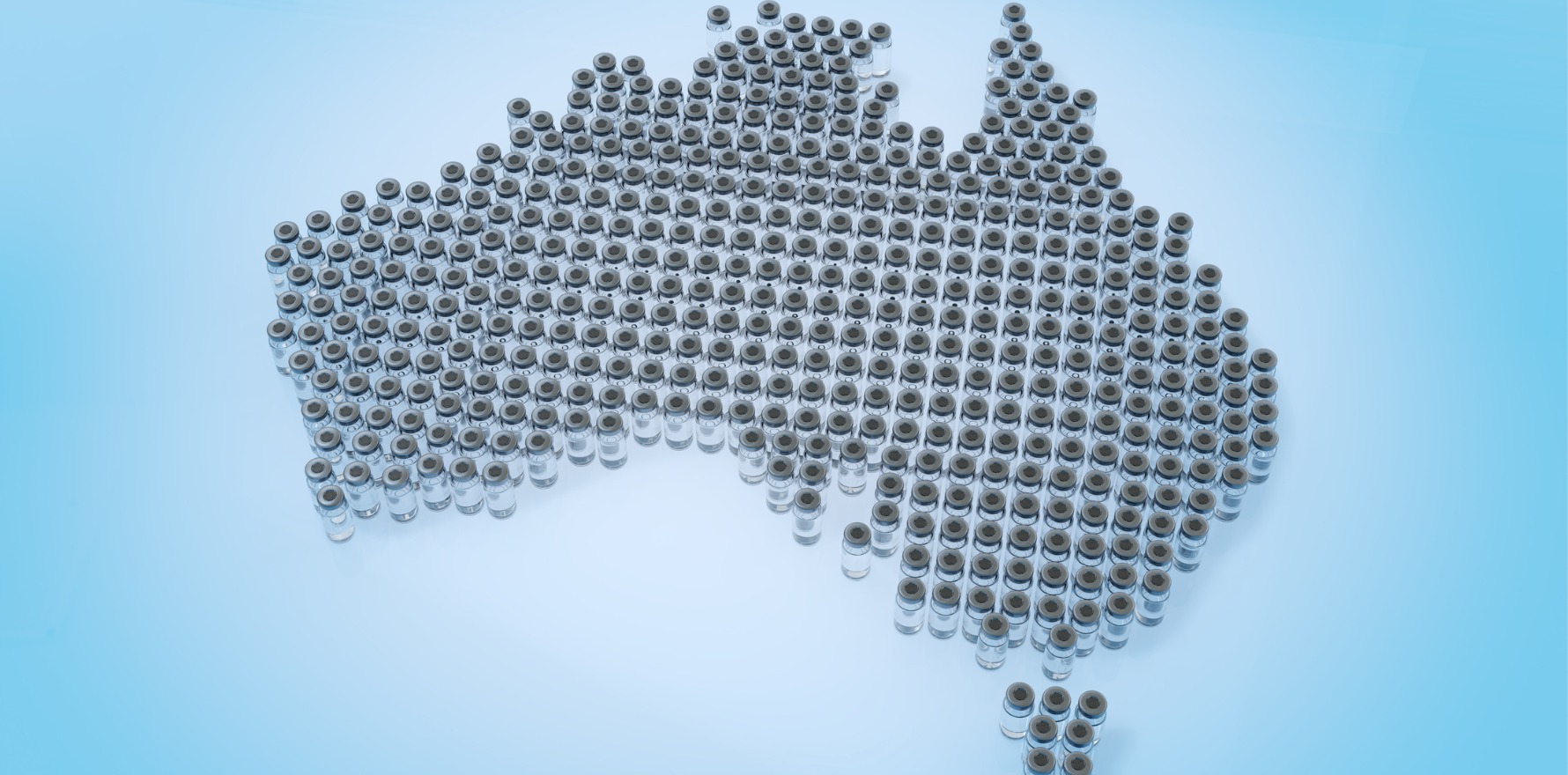The RACGP is calling on the state’s government to follow in WA, NSW and Queensland’s footsteps to roll out a statewide RSV vaccination program for infants.
The RACGP is calling on the Victorian government to roll out the life-saving RSV vaccination, after an ordering blunder left Victorian babies at risk.
Last November the TGA approved monoclonal antibody nirsevimab (Beyfortus) as a one-off injection to prevent RSV-related lower respiratory tract disease in all infants entering their first RSV season and for children up to 24 months of age who remain vulnerable to severe RSV disease through their second RSV season.
Western Australia, Queensland and NSW have since announced the rollout of immunisation programs across the states to protect infants from the potentially fatal virus after securing supply from the drug’s manufacturer, Sanofi.
But Victoria has been dragging its feet, despite federal data showing that cases in Victoria have risen from 3400 to 8584 from the first to second, and current, quarter of this year.
According to the Herald Sun, the state rejected an offer from Sanofi to procure the drug, meaning access will be limited for Victorian infants.
The state’s health minister Mary-Anne Thomas told the outlet that the vaccination was not approved for use in Australia when the state was approached to secure supply.
“Following its approval, my department acted to secure the supply for high-risk children in our hospitals, alongside palivizumab which has been administered to vulnerable children at risk of RSV for the past two decades,” she said.
“I want all Victorians to benefit from new life-saving vaccines and treatments which is why I wrote to the federal health minister Mark Butler about the need for the Commonwealth to update its legislation to allow new treatments like nirsevimab to be eligible for the National Immunisation Program.”
Speaking to The Medical Republic, a spokesperson for the Victorian government said,”the decision to purchase pharmaceuticals is a decision for public health experts, not the Minister for Health”.
“Victoria has a supply of RSV vaccines that are already being administered to eligible high-risk children in our major hospitals.
“The Commonwealth has an important national leadership role in determining eligibility advice for the National Immunisation Program. To ensure the NIP keeps up with developments in vaccines and therapies, the Victorian Government continues to advocate for changes to enable therapies like nirsevimab be part of the NIP.”
While the drug was approved by the TGA last year, a national rollout would not be possible until it is approved for federal subsidy.
Due to their supply deals with the manufacturer, NSW, Queensland and WA are already rolling out their immunisation programs.
Victoria’s shadow health minister, Georgie Crozier, told the Herald Sun it was “simply inexcusable that Labor had failed to secure an appropriate supply of this lifesaving vaccine.”
“Labor’s mismanagement has left parents and children exposed as we enter the high-risk winter months,” she said.
“The Allan Labor Government must immediately explain why Victoria will be the only state without adequate vaccine supplies.”
The RACGP has called on the Victorian government to commit to rolling out the new RSV immunisation across the state.
According to research, RSV is the most common reason for hospitalisation for infants under 12 months, and while other immunisation for RSV is available, an injectable antibody, like nirsevimab, can reduce hospitalisations by 83%.
Related
RACGP Victoria chair Dr Anita Muñoz said immunisation could save vulnerable lives.
“This is an opportunity to prevent hospitalisation of babies and saves lives,” she said.
“Other states have taken action here, either making immunisations available to all new babies or through more targeted efforts.
“RSV is a serious disease that puts children in hospital every year. People may not realise the enormous health burden it places on children five and under in Australia. Not only is it likely the number one cause of hospitalisation among young children, up to a quarter of them need intensive care treatment. That’s an absolute nightmare for a young family to go through.
“With an immunisation program to match the one in WA, we can keep children out of hospital beds, save families from a terrible experience, and be proactive about public health to relieve pressure on our health system, including our already under-pressure hospitals.”
This piece was updated 30 May to include a statement from the Victorian government.





